Chinese insurer gets Waldorf OK
Updated: 2015-02-03 12:45
By Paul Welitzkin in New York(China Daily USA)
|
||||||||
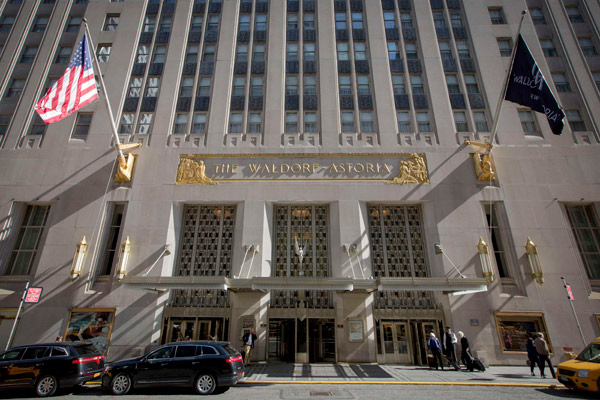 |
|
The Waldorf Astoria at 301 Park Avenue in New York. Anbang Insurance Group Co of China received approval Monday by a US panel for its $1.95 billion purchase of the hotel. Brendan Mcdermid / Reuters |
After a security review by a US panel, China's Anbang Insurance Group Co received approval for its $1.95 billion purchase of New York's famed Waldorf Astoria Hotel.
The Beijing-based insurer said Monday the deal was endorsed by the Committee on Foreign Investment in the United States (CFIUS). That's a federal inter-agency board that reviews national security implications of some foreign acquisitions and investments in US businesses.
After Hilton Worldwide Holdings Inc announced that it had reached an agreement to sell the 1,141-room tower, an Art Deco landmark to the Chinese insurance company last October, the two companies said they planned to undertake a major renovation that will "restore the property to its historic grandeur."
Officials said they would scrutinize the sale with an eye on the planned renovation. "We are currently in the process of reviewing the details of the sale and the company's long-term plans for the facility," Kurtis Cooper, a spokesman for the US Mission to the United Nations told the Daily News.
The State Department said it might end a 50-year practice of leasing a residence in the hotel's Waldorf Towers for the US ambassador to the UN. Every US president since Herbert Hoover has stayed there.
"I have seen no public announcement of any security measures that Anbang agreed to in order to secure approval of its acquisition of the Waldorf Hotel, but it is safe to assume that CFIUS required some form of mitigation in order to approve the deal, through enhancement of physical and electronic security at the ambassador's residence, access restrictions, restrictions on the management of the hotel, independent monitoring, independent audits, or some combination of all of these measures," said Christopher Brewster, a lawyer with Stroock & Stroock.
Cooper said security, along with cost, would determine if the State Department maintains its relationship with the hotel. "The State Department takes seriously the security of its personnel, their work spaces and official residences," Cooper said. "We are constantly evaluating our security protocols and standard operating procedures to ensure the safety and security of our information and personnel."
"I cannot name a current real estate transaction involving Chinese acquirers that has been identified as presenting security concerns, but any foreign acquisition in proximity to a sensitive US Government office can be expected to come under CFIUS review," said Brewster. "In the Ralls case where President Obama vetoed a Chinese-controlled acquisition of wind farms, the government installation was roughly 45 miles away. In the case of the Waldorf, the sensitive government office was in the building itself."
paulwelitzkin@chinadailyusa.com

 Hey, baby, you are my superhero
Hey, baby, you are my superhero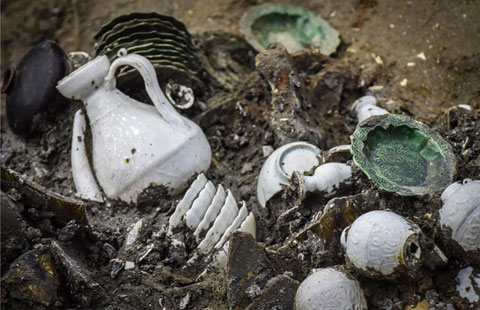
 Massive porcelain finds on Nanhai One
Massive porcelain finds on Nanhai One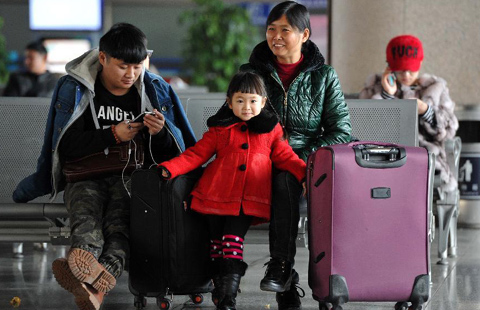
 Little 'migrant birds' back home for Spring Festival
Little 'migrant birds' back home for Spring Festival
 Drill in snowfield tests the combat level of PLA
Drill in snowfield tests the combat level of PLA
 Katy Perry's halftime show wows Super Bowl viewers
Katy Perry's halftime show wows Super Bowl viewers
 New England Patriots win 49th NFL Super Bowl
New England Patriots win 49th NFL Super Bowl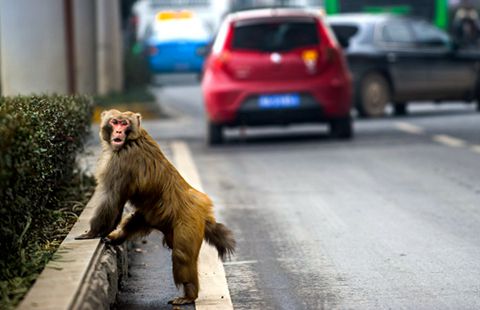
 China weekly photos
China weekly photos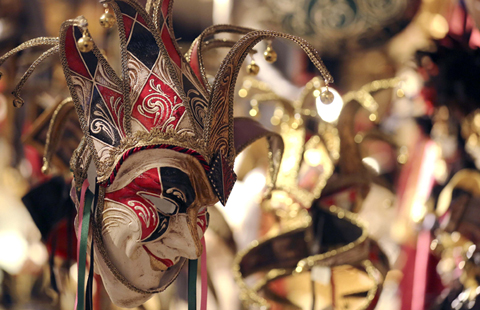
 Venice welcomes carnival season
Venice welcomes carnival season
Most Viewed
Editor's Picks

|

|

|

|

|

|
Today's Top News
Chinese swarm for new 10-year US visas
China: UN presidency will be 'fair, open, transparent'
At least six dead as commuter train strikes car outside NYC
Obama tightens rules on use of bulk intelligence data
US taking 'fresh look' at weapons for Ukraine
Chinese insurer gets Waldorf OK
Farm goals may boost exports from US: experts
Dalai Lama meeting bad 'in any form'
US Weekly

|

|







